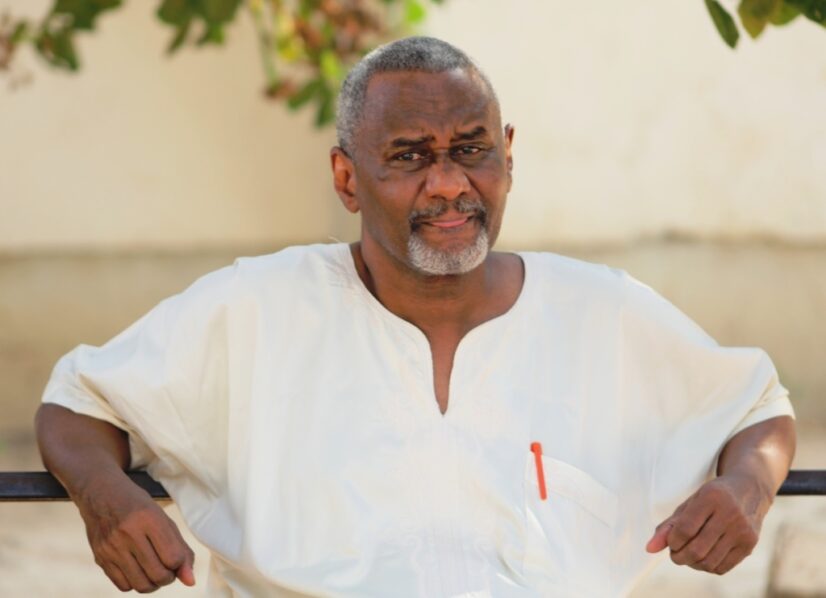Brazzaville – The landmark decision by World Health Organization (WHO) to recognize noma (cancrum oris) as one of the neglected tropical diseases will help boost efforts to end the devastating disease especially in the African region which bears the highest burden globally.
Noma is a rapidly progressing severe gangrenous disease of the mouth and the face. Like other neglected tropical diseases, noma impacts the most vulnerable and marginalized populations. It mostly affects children aged 2–6 years suffering from malnutrition, affected by infectious diseases, living in extreme poverty with poor oral health, or with weakened immune systems. The true distribution of the disease is unknown; however, cases of noma are mostly found in sub-Saharan Africa, although cases have also been reported in the Americas and Asia.
While noma is preventable and treatable at an early stage, the disease progresses rapidly and has a high mortality rate without treatment. Affected children who survive the diseases are often left with serious aesthetic and functional consequences that further contribute to their social isolation, stigmatization, discrimination, and consequently to violations of their human rights.
On 15 December, WHO officially recognized noma as one of the neglected tropical diseases following a collective action for health by 32 countries, with the trail-blazing leadership of Nigeria and 14 other African countries (Benin, Botswana, Burkina Faso, Cabo Verde, Chad, Guinea Bissau, Kenya, Liberia, Mauritius, Mozambique, Namibia, Niger, Rwanda, and Senegal). This is a major milestone in the noma control effort.
Prior to this recommendation, the noma control effort in sub-Saharan Africa had recorded some progress. This included the development and implementation of the national noma action plan, training of primary care and community health workers by leveraging the online training course for noma towards primary care workers, integration of noma into the existing surveillance system, and enhanced intercountry collaboration for patient referral, e.g., between Benin and Niger.
Despite the progress made, many challenges remain. These include lack of up-to-date epidemiological data, substantial knowledge gaps in the cause, and treatment efficacy, prevailing social stigma, and low levels of awareness of noma among healthcare workers and caretakers. There is also very limited attention paid to noma by national health authorities and development partners. All these hinder progress in noma prevention and control.
The recognition of noma as a neglected tropical disease will contribute to accelerating an integrated approach to addressing noma in the region. This will include, but not be limited to, integrated active case surveillance of noma during the mass drug administration for other neglected tropical diseases, joint training, social mobilization, as well as leverage the existing other neglected tropical diseases wound management, referral, and support systems for noma treatment. It will also enhance the person-centred approach to health service delivery as well as cross-sectoral collaboration especially in mobilizing for health action, all actors beyond the health sector.
The integration can open the door for advocacy, funding, research, and global visibility as well as boosting political commitment. Historical experience from many countries where noma cases used to be observed shows that noma control is possible, alongside eliminating extreme poverty and improving living conditions.
“Noma is a deeply devastating disease and a significant public health problem,” said Dr Matshidiso Moeti, the WHO Regional Director for Africa. “By recognizing the noma as a neglected tropical disease, we can capitalize on other ongoing disease control or elimination efforts, coordinate response and galvanize political support to end the disease. Moreover, we can build on the extant collective action of countries to foster a regional coalition against noma in Africa.”
Since 2001, WHO Regional Office for Africa has led regional noma control efforts by providing regional strategic guidance, tool, and capacity building of focal points at the Ministry of Health with a view to sustainably reducing the incidence of noma as a public health problem. The Regional Noma Control Programme has focused on integrating noma prevention and control interventions into national health plans as well as contributing to the strengthening of primary health care, moving towards the attainment of universal health coverage. Eleven noma-priority countries located mainly in Western Africa have been supported by the WHO Regional Office for Africa to develop and implement national noma-control programmes, funded by the German nongovernmental organization, Hilfsaktion Noma e.V. since 2013.
Note: This article have been indexed to our site. We do not claim legitimacy, ownership or copyright of any of the content above. To see the article at original source Click Here













